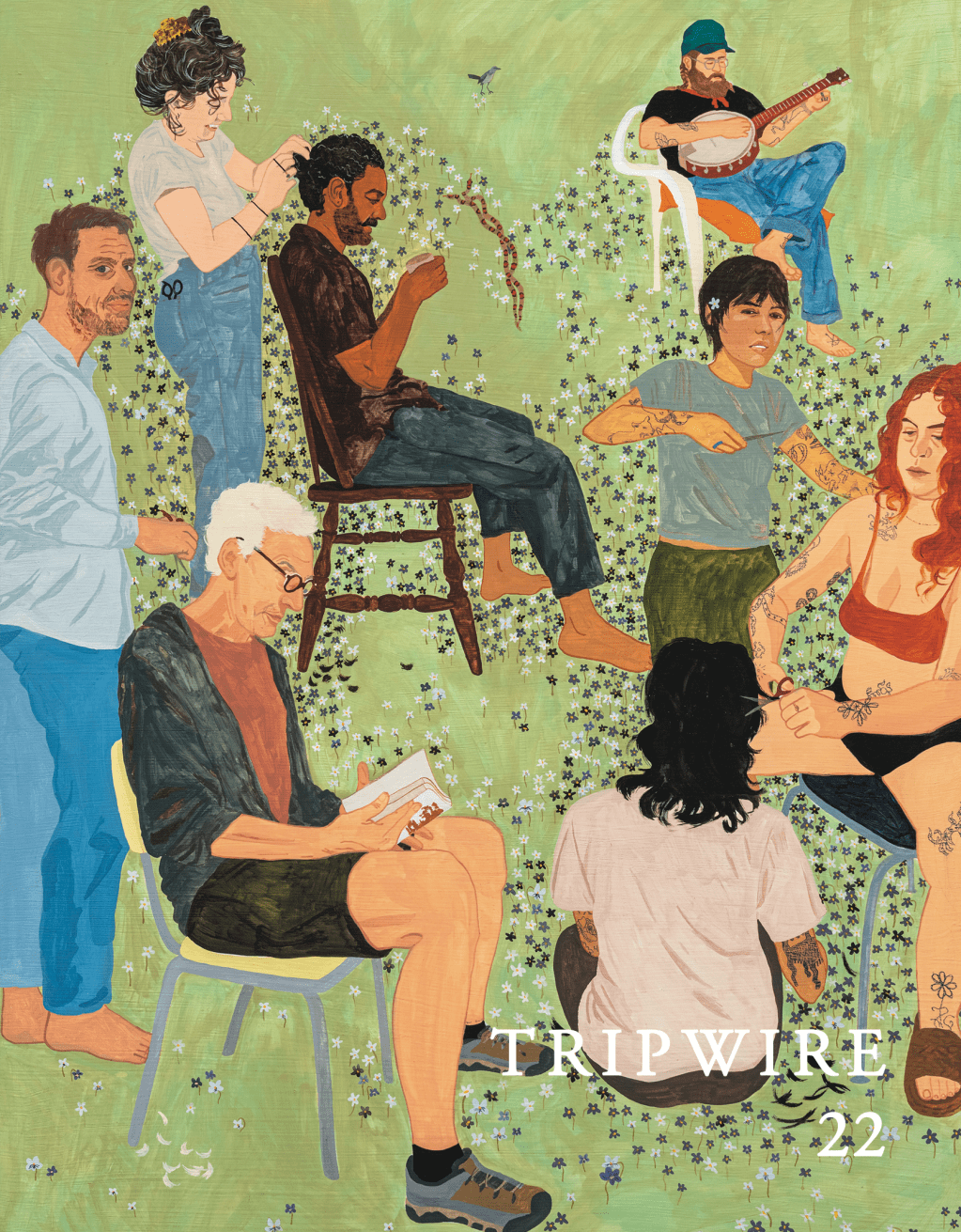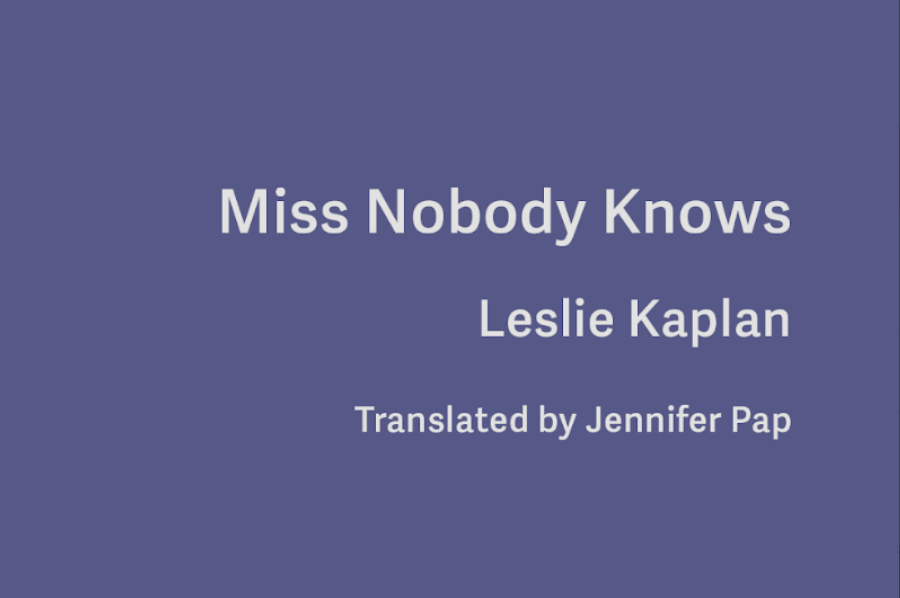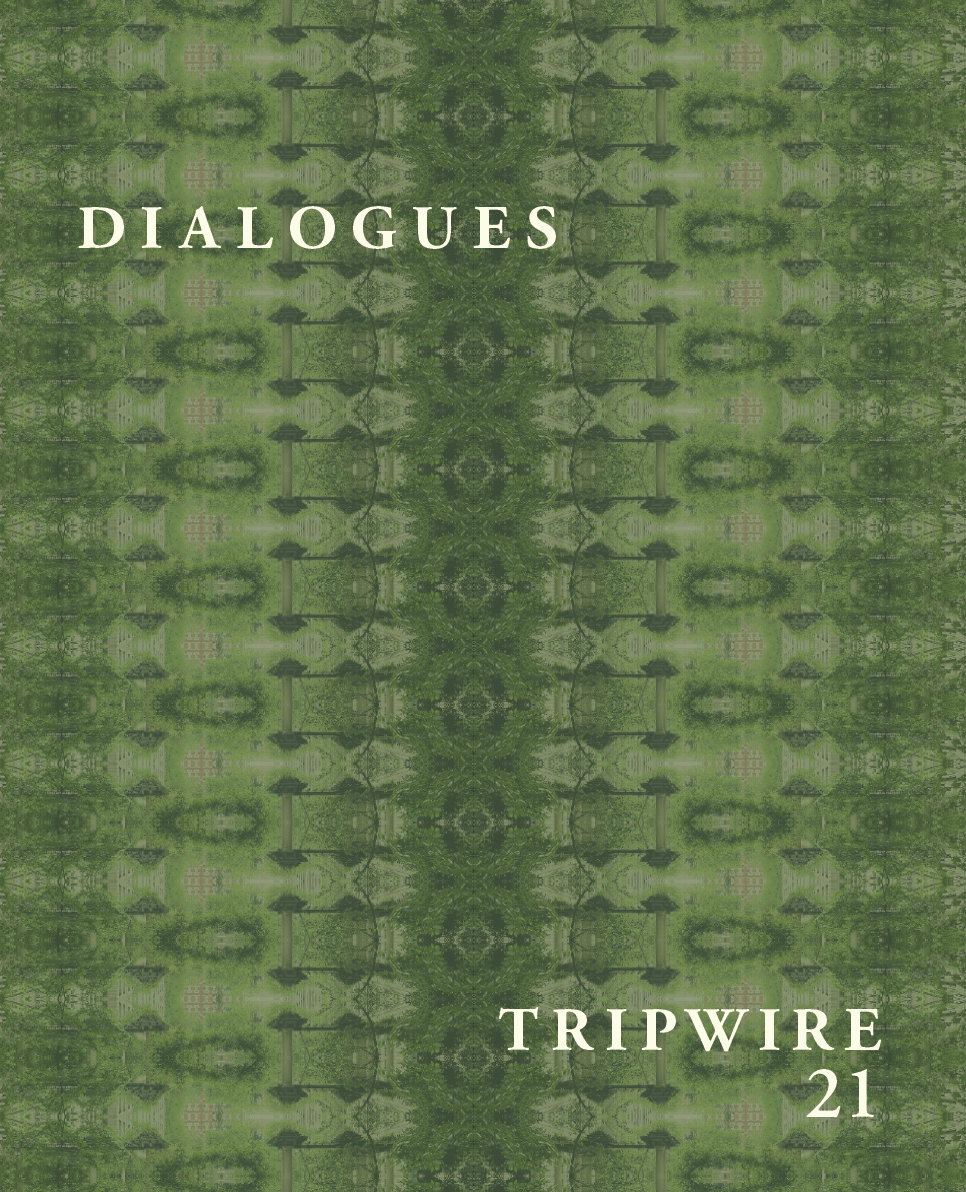-
Diary of a Proletarian Seamstress/Diario de una costurera proletaria by Victoria Guerrero-Peirano (trans. Anastatia & Honora Spicer)
-
Tripwire Editions – Leslie Kaplan’s Miss Nobody Knows (trans. by Jennifer Pap)
-
PAMPHLET #14 CAIT O’KANE – THE WASTED LAND
-
ANNOUNCING TRIPWIRE #21: DIALOGUES





